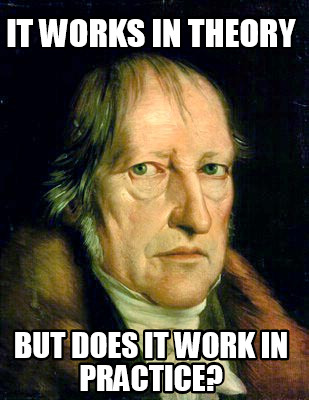Some of you might be interested to hear about a new project I will be undertaking next month. Others, perhaps less so, but it's still worth reaching out to those who could benefit from this. Yes, it's blatant advertising, but it's relevant and helpful to people who are trying to learn a theory with such a high barrier of entry. Help me to help people, because I simply don't have the means to spend every minute of my weekends and evenings preparing something like this for free. If you are a detractor of mine and start calling me a 'con man' from the cover of anonymity then I will gladly invite you to hold me to account on my YouTube channel live, because I believe that sunlight is the best disinfectant.
Starting in September this year, I will be delivering a 12-session, online course in Socionics, which I hope will be comprehensive enough to take anyone, whether a beginner, or more intermediate, to an advanced understanding of both the Classical theory (Model A) and how to use it to type and understand other people. Everything will be done over Zoom in the form of live webinars each weekend, finishing in late November. The format will be part-lecture, but also with interactive exercises and the use of break-out rooms so that people have the chance to practise what they are learning.
As I have been forced, in the meticulous construction of this course, to grapple with many of the trickier ideas making up Classical Socionics, there will also be some ‘fresh’ material never seen or talked about in quite the same way before. This is not truly ‘original’ in that I have not added anything new to the theory, but rather, I have spent hours each night thinking about how some of the stranger parts, left in the dusty corners of the model, might actually make sense, and I think this has unlocked some useful insights for my understanding personality type that I would like to share.
The confirmed dates for the 2022 course are as follows:
• Session 1 - Elements - Saturday 3rd September
• Session 2 - Functions - Saturday 10th September
• Session 3 - Small Groups - Saturday 17th September
• Session 4 - Alphas - Saturday 24th September
• Session 5 - Betas - Saturday 1st October
• Session 6 - Gammas - Sunday 9th October
• Session 7 - Deltas - Saturday 15th October
• Session 8 - Relationships - Sunday 23rd October
• Session 9 - Typing I - Sunday 30th October
• Session 10 - Typing II - Saturday 5th November
• Session 11 - Typing III - Sunday 13th November
• Session 12 - Conclusion & Assignment - Sunday 20th November
If you cannot attend some of the dates, that will be fine. I will be recording every session and these will be made available to all who have signed up, so that no one falls behind. All who successfully complete the course, including the assignment in the final session, will be sent a ‘WSS Socionist’ certificate.
This is technically a pilot; I have never given this particular course before in this level of detail, which means exact durations of webinars may run between 1 and 2 hours. To account for this, the price for the full course is discounted at £240 GBP but will go up when I repeat this course next year.
If you would like to capitalise on this early opportunity, please feel free to post here or email back with any questions, and I will happily provide you with more information. I am taking sign-ups on a first paid, first served basis, as too many people at once will be difficult to manage in a webinar. If you would like to sign up to the course, I ask only for a quarter of the full price (£60 GBP) to be paid via PayPal to
worldsocionics@hotmail.com. That will be enough to ensure your place on the course for this year. You may of course choose to pay the full £240 GBP at once, or £120 GBP, but that will only be necessary prior to September 3rd when the course starts.
If your interest is piqued, but you would like some more information prior to making a commitment, please email me or comment on here, and I look forward to answering your questions.






